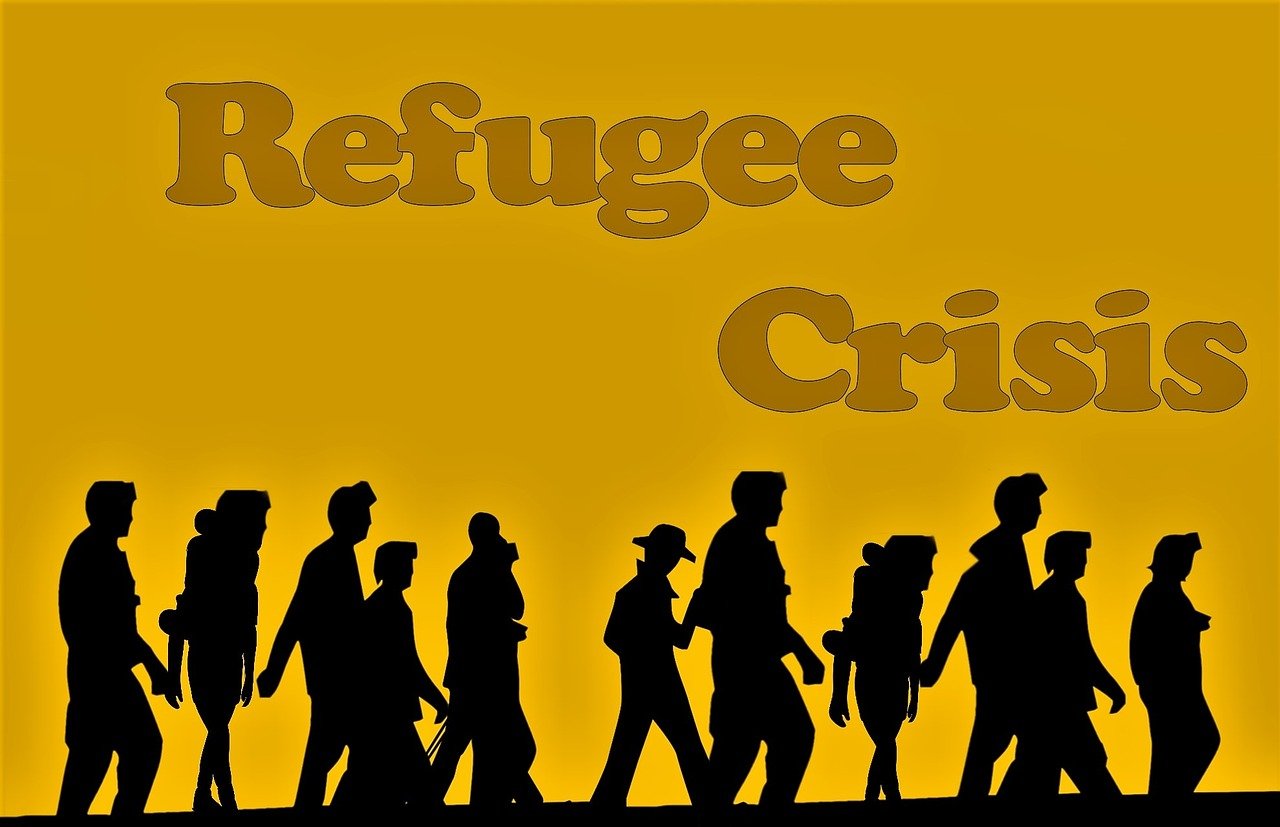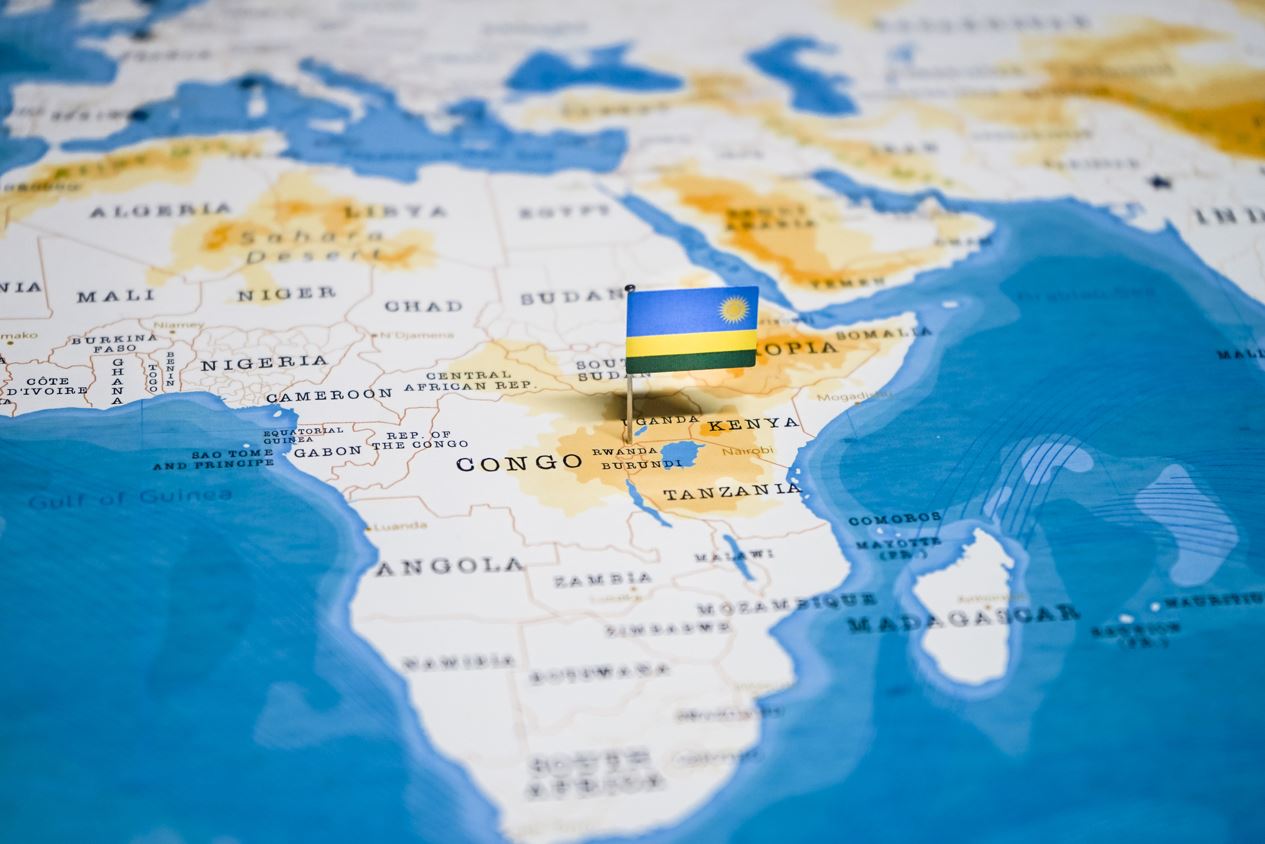Case open
In December 2022, a case was brought by several asylum seekers in the High Court to challenge the lawfulness of the Rwanda policy. Among other things, they argued that Rwanda could not be considered a safe country. In support of this claim, it was asserted that Rwanda’s asylum system had significant deficiencies; for example, a shortage of interpreters for those who did not speak French or English. Moreover, members of the refugee status determination committee, it was argued, lacked sufficient expertise and training in asylum law.
These issues had resulted, the court heard, in a real risk of genuine asylum seekers being ‘refouled’ by Rwanda – in other words, having their claims wrongly dismissed, and consequently being sent back to countries such as Syria and Iran, where they could face torture or ill treatment. This breached their rights under the European Convention of Human Rights (ECHR).
Under section 6 of the Human Rights Act 1998 (HRA), public authorities must comply with the ECHR. The definition of ‘public authorities’ includes ‘any person certain of whose functions are functions of a public nature,’ which in this case referred to the UK’s Home Secretary, in their capacity as a Government minister. If the UK Government sends asylum seekers to a country where they know there is a substantial risk of refoulement, the UK will be in breach of the ECHR and, therefore, the HRA.
The High Court dismissed the application, maintaining that the Home Secretary at that time (Priti Patel) had been entitled to rely on non-binding assurances given by the Rwandan authorities that refoulement would not take place. The Court of Appeal, by a majority, overturned this decision.
The Supreme Court, in November 2023, upheld the Court of Appeal’s findings agreeing that there was a substantial risk of refoulement and that, consequently, Rwanda could not currently be considered safe. The Supreme Court came to this conclusion on the basis of extensive and compelling evidence presented by the UN High Commissioner for Refugees, which not only identified very serious shortcomings in Rwanda’s asylum system, but which also raised justifiable concerns about the reliability of Rwanda’s assurances to the UK.
Case shut?
With the case decided in favour of the original applicants, it might have been supposed that that was that – case closed! However, the Government has staked so much, politically, on implementing the Rwanda policy that they have taken measures to ensure it proceeds. Thus, the Safety of Rwanda (Asylum and Immigration) Act 2024 (the Act) has been enacted. This declares that Rwanda, contrary to the Supreme Court’s findings, is a safe country and no decision maker (including the courts) can now decide otherwise, even if revelations of extreme brutality against asylum seekers from the UK were to subsequently emerge.
The Government is confident it can make this declaration because Rwanda has now signed a binding treaty with the UK confirming, among other things, that it will not refoule UK asylum seekers. Given, though, that judicial oversight of Rwanda’s safety has been removed, such confidence seems questionable.

Case open again?
Legal challenges to deportation to Rwanda are now limited. Under the Act, they can only be brought on an individual basis (for example, because of past relations with the Rwandan authorities) rather than because of any concerns generally about refoulement.
Section 6 of the HRA has been disapplied, effectively allowing the UK to breach its obligations to comply with the ECHR in this context. That does not mean, however, that a case could not be brought in the European Court of Human Rights (ECtHR). This court still has jurisdiction to hear a claim for alleged breach by the UK of its obligations under the ECHR. Any such application may result, among other things, in the ECtHR issuing what is a called a Rule 39 measure. This would prevent removal from the UK of the applicant in question until the case had been heard. However, under the Act, Government ministers have discretion to ignore such an interim measure, potentially putting the applicant at risk and placing the UK in direct conflict with the ECtHR and the Council of Europe.
The Rwanda case is not yet resolved. It seems likely that challenges to the Rwanda policy will continue to be mounted, despite the obstacles identified. There may also be a reversal of the policy in the future if Labour wins the forthcoming general election. It is fair to say though, in the meantime, that for those asylum seekers at risk, relief at the Supreme Court’s ruling has given way to despair.





Rate and Review
Rate this article
Review this article
Log into OpenLearn to leave reviews and join in the conversation.
Article reviews
This is a very emotional topic mater. Rwanda the name itself makes some people upset because Rwanda is an African Country, of course, Rwanda is not UK. Shall we look at UK, for its size and it's natural resources, where in UK there is no much natural resources and crops production for primary living necessity of food, UK is not much capable. We must be honest and realistic.
When it is said that "Rwanda is not safe" I make urge to emphasise on that there must be implementation in place to make Rwanda safe. It is certainly do-able. With Migration plan in Rwanda, it gives Rwanda a new angle to establish itself, opening it's window to new dimensions/directions to innovation as well as forming a new mutual connection with UK and its allies and vice versa.
Rwanda and African state can open up with new ventures. Rwanda certainly needs to work for climate change necessity, of adaptation and mitigation.
Regards,
Fatema Miah (Author)